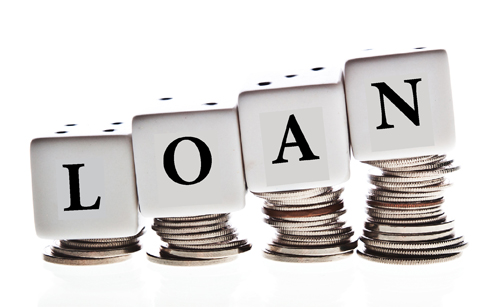It is natural not to be able to make your EMI loan payment in a timely manner every month, which can result in loan default. While some lenders provide borrowers with flexible policy plans, the majority of them don’t, and any default results in a prompt action from their side. If your payment date has passed, the lender is likely to get in touch with you through a phone call or email to remind you of the missed payment. Missing a payment for the very first time might save you any additional charges. However, you might be served with a demand notice for the full pending payment if 120 days have passed since the payment due date.
The Nature Of The Loan Impacts The Payment Default
It is not uncommon to witness people defaulting on their EMIs due to insufficient funds. However, the consequences of failing to make timely payments depend on the nature of the loan taken by you:
- Secured Loans
When it comes to secured loans such as home loans, car loans, and loans against property, the legal rights of the vehicle or the property are given to the lender as collateral in cases of repeated default. If you have pledged assets like shares or gold, the lender can possess these assets and sell them at market value in order to recover his/her loss. In this regard, lenders have the right to sell these assets to get their funds back in case of excessive default. That said, before they take this step, the financial institution usually sends the borrower a demand notice, instructing them to pay their dues in a given period.
- Unsecured Loans
In cases where you have not pledged any asset to the lender, the loan is referred to as “unsecured.” If you default on an unsecured loan, it could lead to a lower CIBIL score, a lawsuit by the lender, following up from collection agencies, and an increased rate of interest.
- Student Loans
When it comes to defaults, student loans are considered as high risk. This is because students tend to struggle to pay back their debt once they are out of college. This results in increased interest rates and a bad credit score over time.
Tips If You Have Defaulted On A Loan Payment
If you have recently defaulted on a loan payment, do not worry! Simply take heed of the following things to get out of the situation you find yourself in:
- Don’t Panic: The very first step is to calmly understand why you couldn’t make the payment on time and figure out your expenses. Panicking will do nothing more than stress you out further.
- Talk To The Lender: Communicate with the lender and explain why you could not make the loan payment. Try to work out a solution that helps you both. Some institutions are quite flexible with their policies and will consider negotiating a repayment plan designed for your needs.
- Consider Refinancing: You can reduce your EMI amount each month by refinancing. You can consider doing that if you have a good credit score.
- Explore Debtsettlement: If you cannot find ways of repayment,you can register at Loansettlement.com. Experts in this field will help you negotiate with the bank/lenders.

